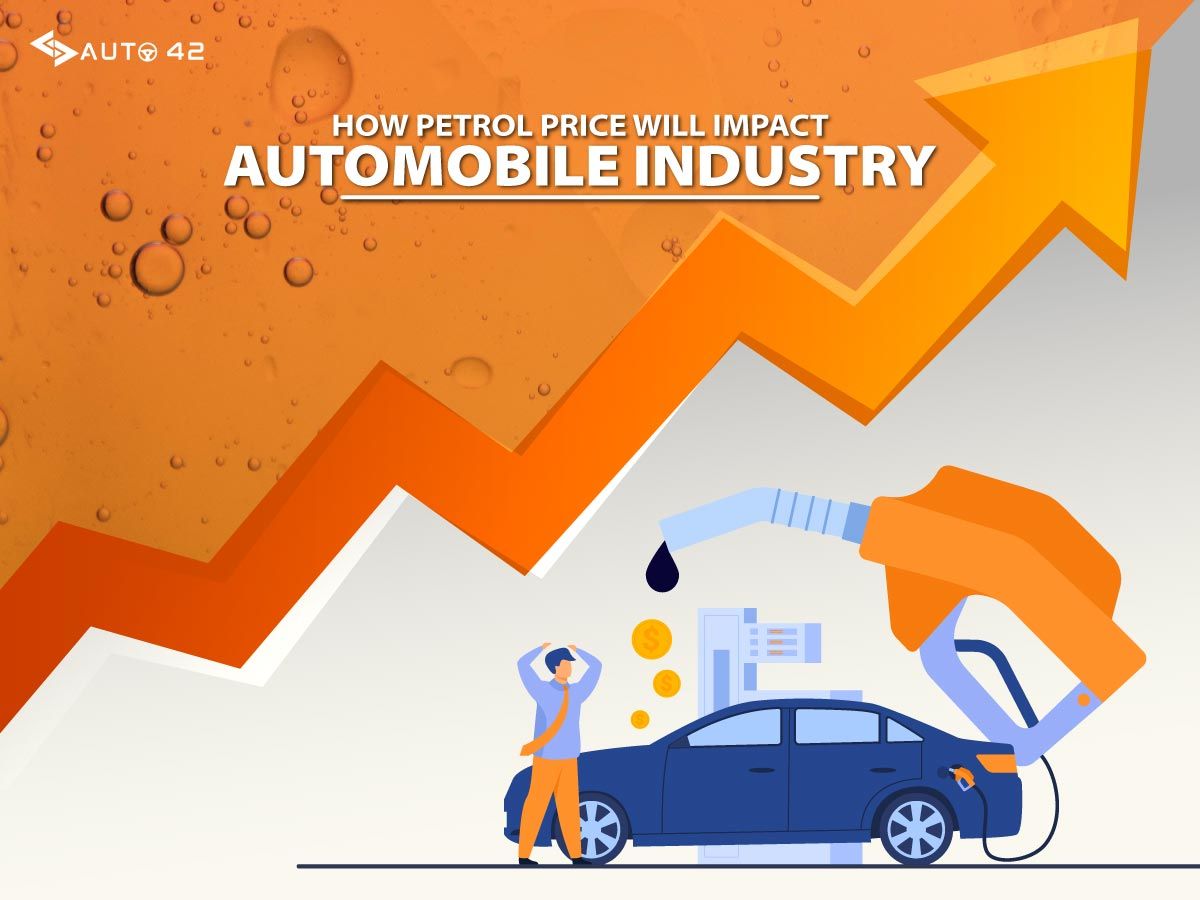Petrol prices have risen to a new all-time high as oil and gas prices rise amid fears of a global economic shock resulting from Russia’s invasion of Ukraine. At one point, oil reached $139 per barrel, the highest level in nearly 14 years, while wholesale gas prices for next-day delivery more than doubled. It came as the US hinted at a ban on buying Russian energy as it sought to increase supplies from other countries.
Complementary goods are associated with the use of another good in economic theory. In contrast, substitute goods are goods that consumers perceive to be similar or comparable. Vehicles and petroleum are complementary goods in the auto industry. In contrast, gas-guzzling trucks and SUVs are similar enough to their smaller, more fuel-efficient counterparts to be considered reasonable substitutes. Understanding the differences between these two types of goods is useful when considering how petrol price changes affect demand for various goods. This distinction is critical in understanding how the auto industry has been affected by the significant drop in oil prices over the last year.
Rising Oil Prices’ Impact on Automobile Sales:

The impact of oil on daily life is undeniable. Oil is regarded as a strategic energy source for the economic timeline. The price of oil affects the cost of production in various ways. For example, as oil prices rise, so do the transportation costs for export, import, and goods for local consumption. Aside from that, as the price of petroleum rises, so do air, road, rail, and sea transportation rates.
Oil provides 97 percent of the transportation fuels used to power trucks, cars, and other automobiles on the country’s highways. Thus, when the price of oil rises, it alarms the automobile industry because automakers compete with one another to meet the new demands for more fuel-efficient consumer conscious at a reduced price. There are no reservations that this will impact the companies’ profit margins. Furthermore, an increase in the price of oil impacts the type of transportation desired by the buyer and the design of the vehicle motors.
The rise in petroleum prices has significantly impacted the automotive industry. ‘The world consumes more than 82 million barrels per day (BPD), with the United States accounting for roughly 20 million BPD’1.

Petroleum is one of the most important contributions to a country’s economy. Its price has far-reaching economic and social consequences. Various studies show that the price of petroleum in Pakistan is significantly high, with or without involving per capita income. It needs to be leveled downwards to ensure the competitiveness of Pakistan’s exports and lessen the burden on the nation’s nation’s purchasing power.
Also Read, Ethanol? The Next Green Alternative for India?
Nonetheless, this will not be an easy task because Pakistan is heavily reliant on imported oil to meet its petroleum needs, and development surcharges and import revenues account for a significant portion of the government’s revenue. However, a feasible and reasonable solution to reduce oil prices is required while keeping the revenue-generating aspect and the current global crude oil prices in mind.
In India

Fuel price increases that are unchecked will disrupt the automobile market and, as a result, the entire auto sector. Regardless of what Prime Minister Narendra Modi says about our reliance on foreign imports, the fact remains that we must import oil to keep the country running. Unfortunately, exorbitant fuel prices are having a significant impact on our industry, stifling economic growth. The government may be replacing 40% of vehicles with electronic vehicles by 2030, but that is still a long way off.
Let’s get it out of the way right away. Fuel has never been cheap in India, at least for the automotive sector. Furthermore, ongoing tax-driven price increases completely negate the benefit of affordable mobility in the world’s largest small car market, which has some of the world’s most fuel-efficient cars. The government must recognize the benefits of affordable fuel because the country extends far beyond and includes much more than just metropolises and cities.
Fuel price increases as relentless as a wild beast will be self-destructive. The economy revolves around mobility. In the new and emerging economies, affordable energy and fuel are a right that should not be treated as an administrative concession.
We have no idea where the fuel price is going! Buying automotive fuel is becoming more difficult by the day. Both gasoline and diesel prices have skyrocketed, and exorbitant prices discourage buyers from entering the mobility market. In the meantime, automakers are forced to find new ways to protect customers from an unyielding tax regime that results in constant price increases that burn a hole in every citizen’s pocket.

Finally, it can be stated that the search for an alternative has become necessary. Electric vehicles are fine, but replacing even a significant number of automobiles will take time. The auto industry is one of the primary drivers of the economy. It must recover from the pandemic battering it has taken. However, to recover, lower fuel prices are also necessary. It will be interesting to see how the government accomplishes this.
